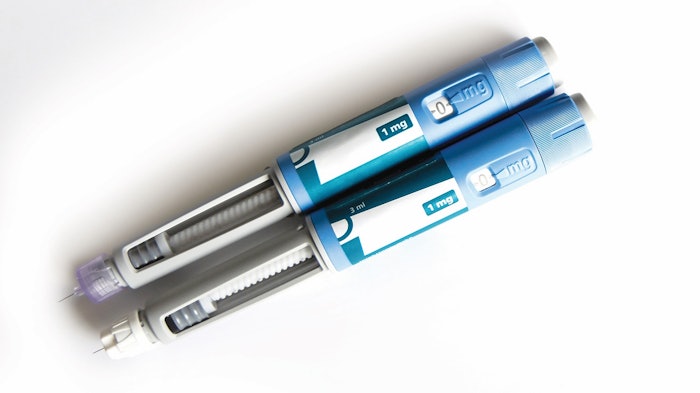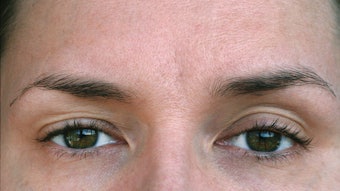
While Ozempic continues to remain popular and even expand into other industries, emerging safety concerns are spurring conversations about the drug's overall impact on individuals using it for weight loss. Here is everything you need to know about the controversies surrounding Ozempic and other GLP-1 medications, as well as expert insight into what these concerns mean for practitioners and their patients.
Controversy Over Cosmetic Use of Ozempic
Eli Lilly launched a public service campaign against using the GLP-1 inhibitor and other Lilly weight loss drugs simply for cosmetic purposes. The company’s LillyDirect service allows patients to order 14 medications for home delivery, 12 of which are various types of insulin, all capped at $35 per month. The program also includes the weight loss drug Zepbound (tirzepatide) and one migraine medication, Emgality (galcenezumab).
“Some of the controversy was centered around the uncertainty of the long-term effects of these medications,” said Johnny Franco, M.D., board-certified plastic surgeon and owner of Austin Plastic Surgeon. “There were moral concerns about whether we were diverting medication from diabetic patients. However, this controversy has diminished significantly as people witness the immense benefits of these medications month after month.”
Supply Issues & Counterfeit Ozempic/GLP-1
The drug’s popularity was so quick that supply issues hit the markets. This caused consumers to gravitate toward cheaper counterfeit versions of Ozempic and off-brand medications, which has spurred lawsuits. In a consumer survey conducted by 9am Health, 38% of respondents have tried knock-off GLP-1’s or black-market weight loss products that have not gone through FDA approval in the past.
The knockoff medications also pose higher risks. According to data from America's Poison Centers, there were nearly 3,000 calls involving semaglutide from January through November 2023, an increase of 15 times the amount of calls reported since 2019. In 94% of calls, semaglutide was the only substance reported. These calls are mostly from adults ages 40 to 70, with the largest group ranging from 60 to 69, per CNN. These increased risks aren’t only related to injections of compounded forms of the medication, but also the accompanying click pen intended for precise dosing of the prescription drug. In one case, a caller said they were having trouble with the pen and accidentally gave themselves an entire month of doses at once.
Long-Term Effects of Ozempic
Another point of concern was the long-term effects. The rapid weight loss induced by Ozempic can lead to dermatological changes, including increased signs of aging such as lines and wrinkles (now referred to as "Ozempic face”), a hollowed-out appearance and lipodystrophy, which alters the way the body accumulates and stores fat. Nordesthetics Clinic in Lithuania, Kaunas, reported a surge in visits from U.S. patients during 2023, with many looking to address excess skin from weight loss. The skin issues are not only from Ozempic but also from traditional weight loss procedures like bariatric surgery and tummy tucks.
“Skin-related issues are commonly observed in patients using medications like semaglutide or GLP medications,” Franco said. “The primary concern is the noticeable facial changes attributed to rapid weight loss. This can result in skin laxity and facial hollowness. Fortunately, non-invasive treatments have proven effective in addressing these issues.”
According to Dr. Franco, most skin laxity cases involving mild to moderate weight loss in young and healthy patients can be addressed using non-surgical approaches such as skin tightening with radiofrequency, microneedling and ultrasound therapy in combination with dermal fillers and biostimulants.
“In instances of significant weight loss, especially with the use of semaglutide medications, some patients may eventually require surgical intervention,” Franco said. “However, the majority of cases can be successfully managed with the mentioned non-invasive treatments.”
While these aversions likely won’t slow down the Ozempic’s meteoric rise to the mainstream, issues with poison centers and misinformation presents a clear need for stronger regulations and increased public awareness of exactly what semaglutide is and how it can affect the body.












